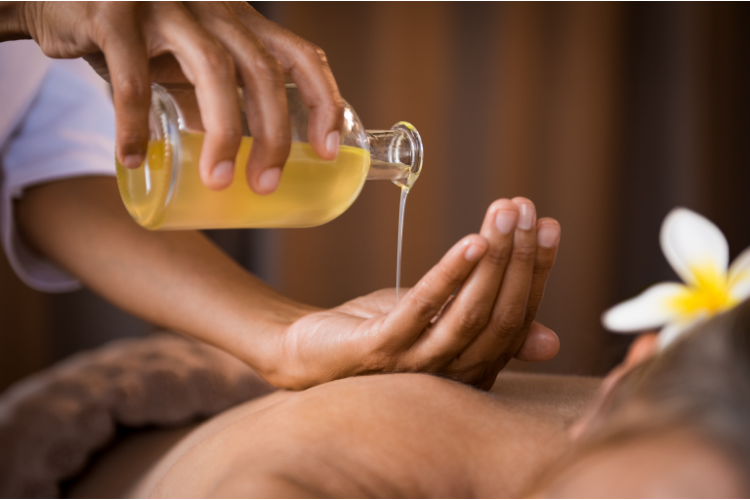
The Advantages Of Aromatherapy
Why Aromatherapy?
If you're someone who struggles with your health because of stress or sleep issues, aromatherapy might be the ideal choice for you. For this type of treatment, you're making use of extracts from plants which are referred to as essential oils.' Aromatherapy is done by taking a breath by rubbing the oil on your skin. The oils mentioned above are usually applied to the skin during massages or even in the water when you bathe. In the present market, you will find a variety of types of aromatherapy bath salts, not just to aid in your health but also to help you smell wonderful as well!
What Kind of Essential Oils Can I Use?
The majority of essential oils are derived from plants, herbs, and flowers. They are also made from components like petals and peels, bark, and roots. These components give plants their pleasant scent, which is called its 'essence.' If you get this essence out of plants, it is transformed into the essential oil.
The most important thing to remember is that it takes a lot of plant materials to create essential oils in the way they are present. For instance, more than 200 pounds of lavender flower are required for just one 1 pound of essential lavender oil. (Crazy, right?)
However, not all of the ingredients included in making essential oils can be created from plants' essences. Pure essential oils are not mixed with other scents or chemical substances. They are produced using specific protocols that don't alter the chemical properties of the plant you're working with.
Cedarwood, chamomile as well as bergamot, and lavender are essential oils commonly used in aromatherapy.
How Does Aromatherapy Work?
Aromatherapy is believed to activate regions in the nose known as smell receptors. These signals transmit messages to the nervous system as well as your brain.
The oils then are used to stimulate specific regions of the brain, like the limbic system. The limbic system is a key component in the way you feel. The essential oils may be a source of influence for the hypothalamus. This area will respond to the essential oils by producing positive chemicals in your brain. These include serotonin and endorphins.
Also, it is believed that when the essential oil is applied to your skin, various parts of your body may experience positive reactions, including your joints, for instance.
What Is Aromatherapy Used For?
It is important to note that you shouldn't utilize aromatherapy to substitute for regular medical treatments. In certain conditions, however, research has shown that aromatherapy has beneficial health effects. Examples:
- Aids in easing depression, anxiety, and stress
- Enhances feelings of relaxation
- It helps improve your sleep quality
- Enhances the quality of life of people who have long-term health issues such as dementia.
- Aids in relieving pains such as kidney and knee pain.
- It helps fight off bacteria after being applied to the skin
- It helps ease the discomfort caused by chemotherapy, such as nausea and pain
Are Essential Oils Safe to Use?
Aromatherapy, and making use of essential oil is generally non-toxic. However, it should be not forgotten that essential oils could produce side consequences. It is important to be aware when using them, and be sure you follow the instructions carefully as they could cause irritation to the mucous membranes, skin and that are found in the nose as well as your eyes. Based on the ingredients that are used they may cause a slight allergic reaction. Be sure to know what's in each type of oil before taking part in aromatherapy.
If you consume essential oils for any reason, they've been recognized to cause discomfort in the kidneys and liver. It's rare that people take essential oils drinking them orally, so do not take this route at all unless it's been authorized by a licensed doctor.
If you're just beginning to get started in the field of aromatherapy, ensure to not start on your own, instead consult a certified practitioner or aromatherapist. It is also crucial to remember that many essential oils aren't FDA licensed. It means that, unlike other medications that are regulated by the FDA, FDA isn't able to determine whether these oils are safe and effective according to the way they're advertised to do. Essential oils are best used for short intervals, but with care.

